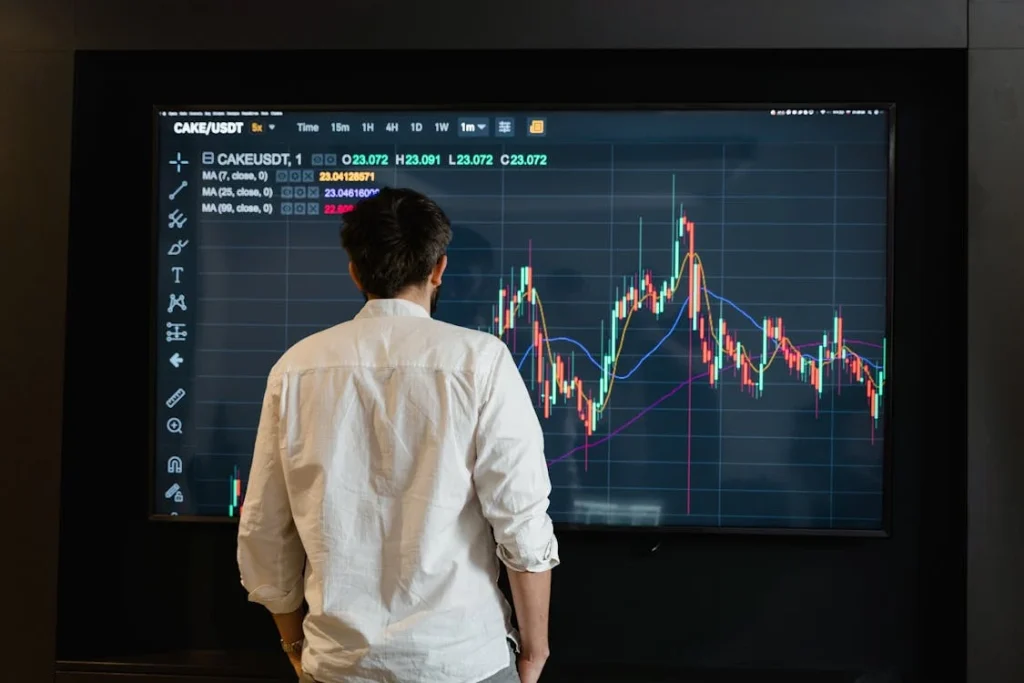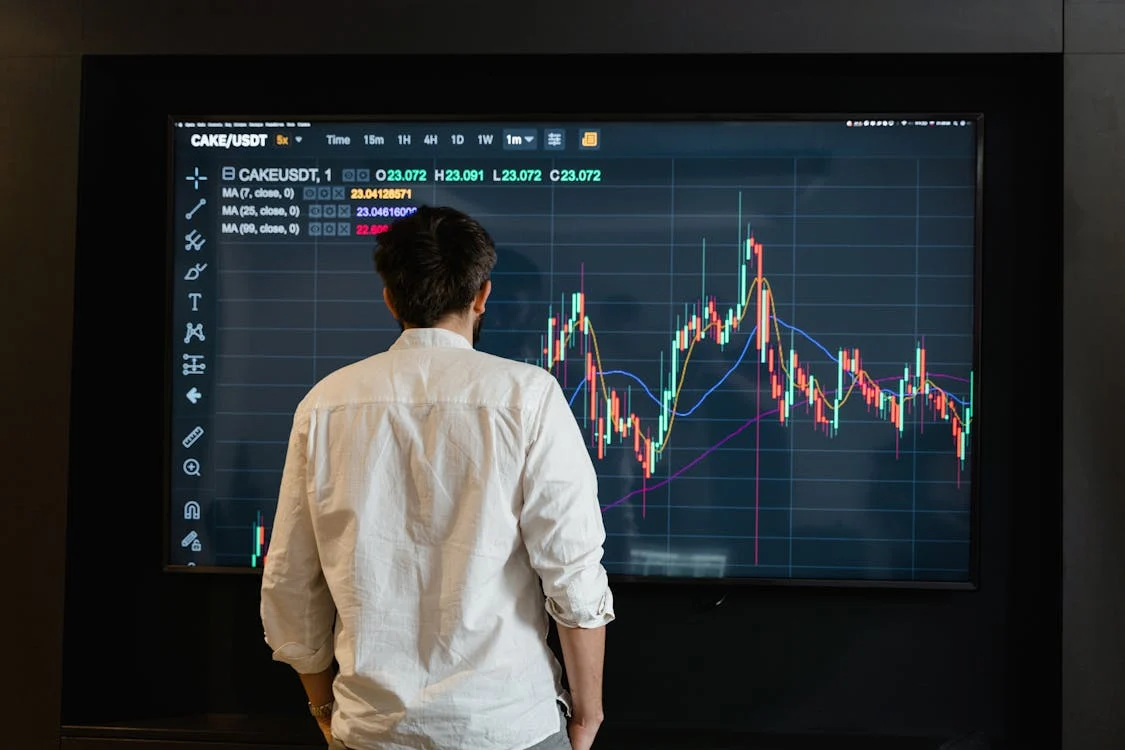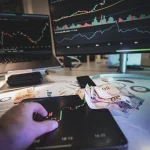The Forex market is one of the largest and most liquid financial markets in the world. It involves the exchange of currencies from around the globe, offering opportunities for traders to profit from the fluctuating values of these currencies. Every day, millions of dollars are traded, making Forex a key part of the global economy.
What is Forex Trading?
Forex trading, also known as foreign exchange trading, involves the buying and selling of currencies in pairs, such as EUR/USD (Euro/US Dollar) or GBP/JPY (British Pound/Japanese Yen). The goal is to predict whether one currency will rise or fall in value against another. This dynamic and fast-paced market operates 24 hours a day, five days a week, and is highly accessible to traders worldwide.

Why Choose Forex Trading?
Liquidity and Accessibility
One of the biggest advantages of Forex trading is its high liquidity, which means traders can buy and sell currencies easily without worrying about price manipulation. Additionally, the market is accessible to anyone with an internet connection, making it possible for retail traders to participate without significant barriers to entry.
Leverage Opportunities
In Forex trading, brokers offer leverage, which allows traders to control larger positions with a relatively small amount of capital. This can amplify profits, but it’s essential to use leverage wisely, as it can also magnify losses.
Diverse Currency Pairs
Forex trading offers a wide range of currency pairs, including major, minor, and exotic pairs. This diversity allows traders to explore various markets and find opportunities based on different economic conditions and geopolitical events.
Key Elements for Successful Forex Trading
Education and Knowledge
Before diving into Forex trading, it’s important to learn the basics. Traders should understand technical analysis, which involves studying charts and patterns, and fundamental analysis, which focuses on economic data and news events that can impact currency values.
Risk Management
Effective risk management strategies are crucial in Forex trading. Traders should always use stop-loss orders to limit potential losses and never risk more than a small percentage of their trading account on a single trade. The key to long-term success is protecting your capital while maximizing your profits.
Discipline and Patience
Trading Forex requires a high level of discipline and patience. It’s easy to get caught up in the excitement of the market, but the most successful traders are those who stick to their strategies and avoid emotional decision-making. Developing a consistent trading routine and sticking to it can help traders stay focused and increase their chances of success.
Challenges in Forex Trading
While Forex trading offers great opportunities, it also comes with its own set of challenges. The market is highly volatile, and currency prices can change rapidly due to global economic events or geopolitical news. Additionally, emotional trading can lead to poor decisions, and over-leveraging can increase the risk of substantial losses.
To be successful, traders need to stay informed, manage their risks, and develop a solid trading plan that suits their individual goals and risk tolerance.




